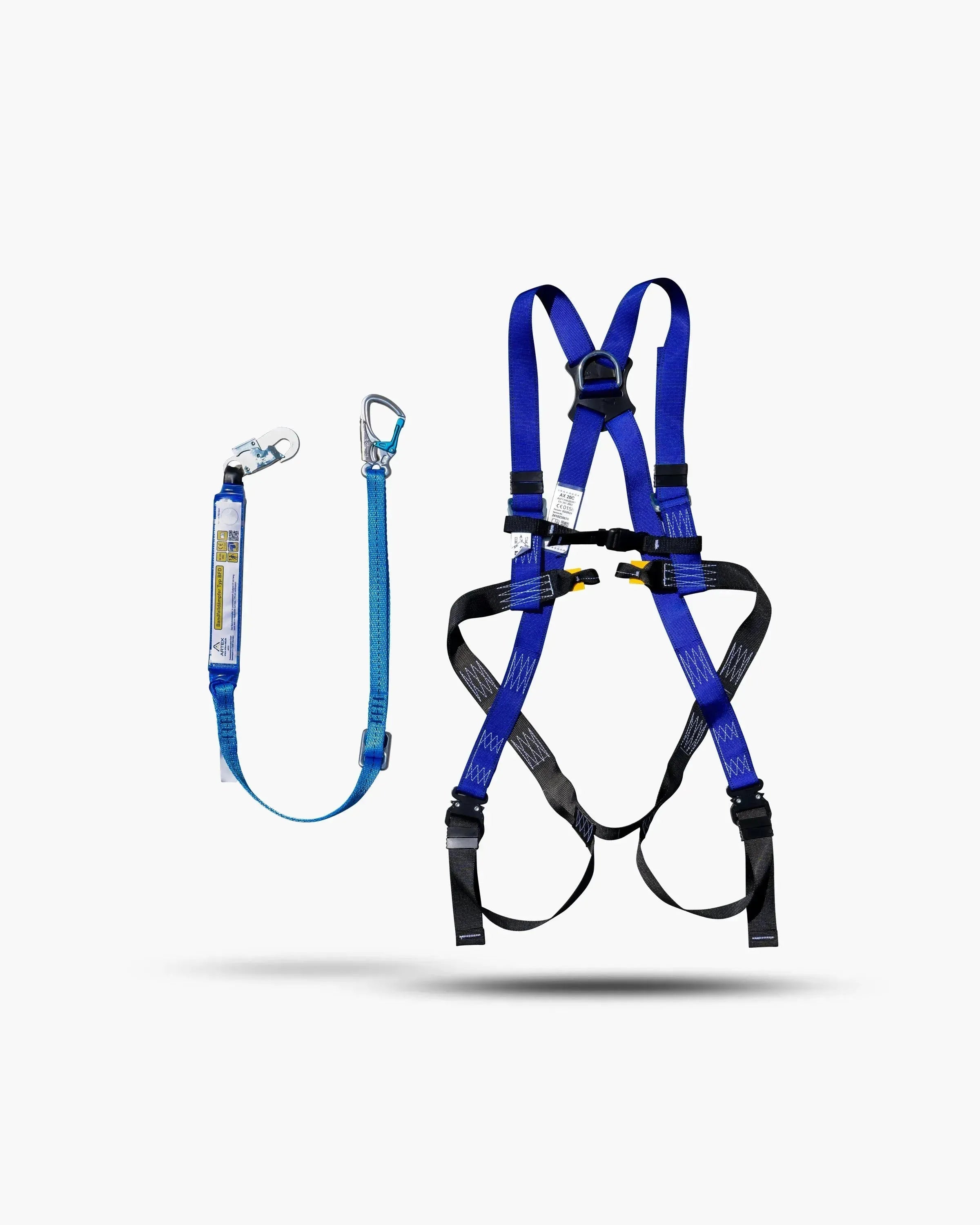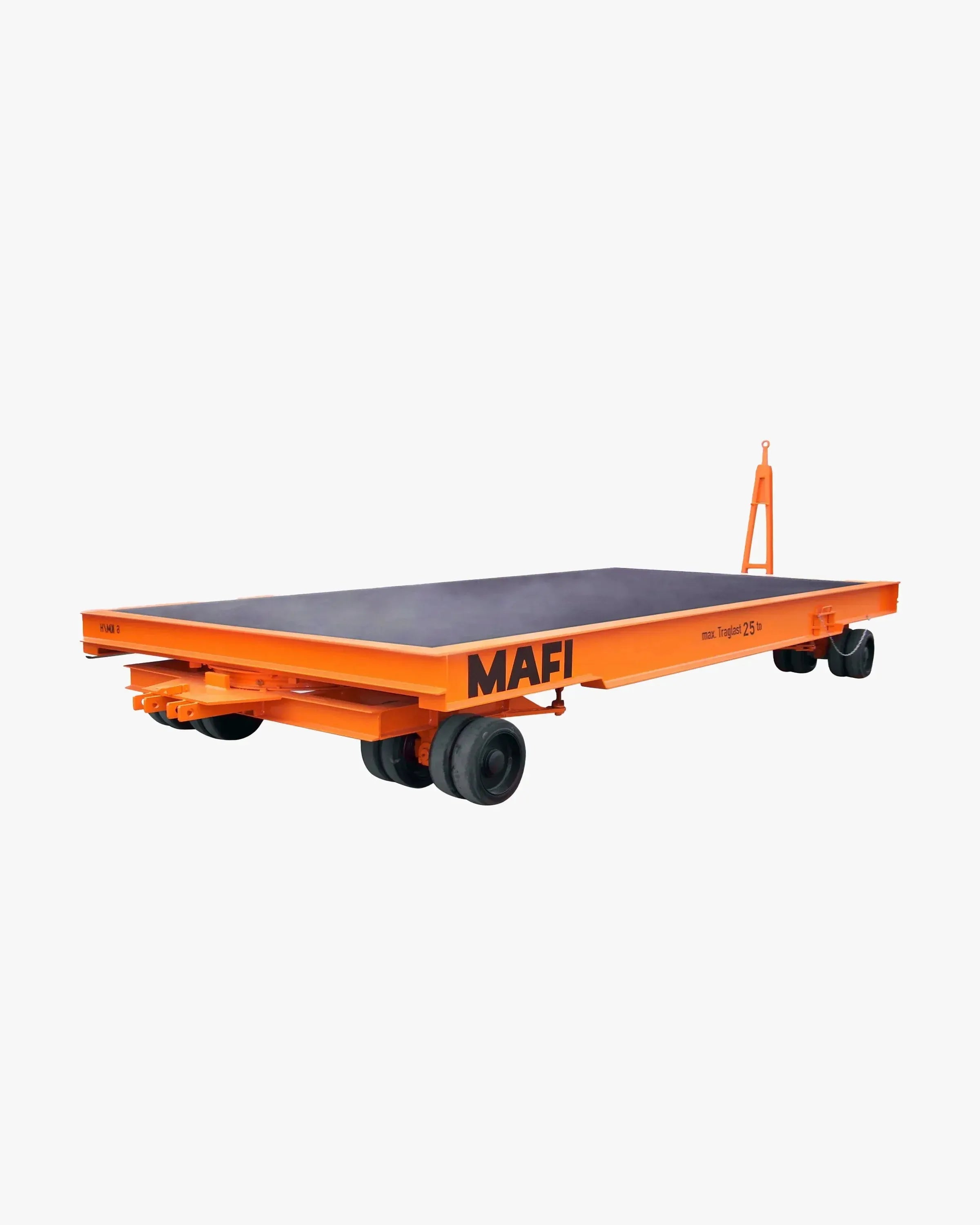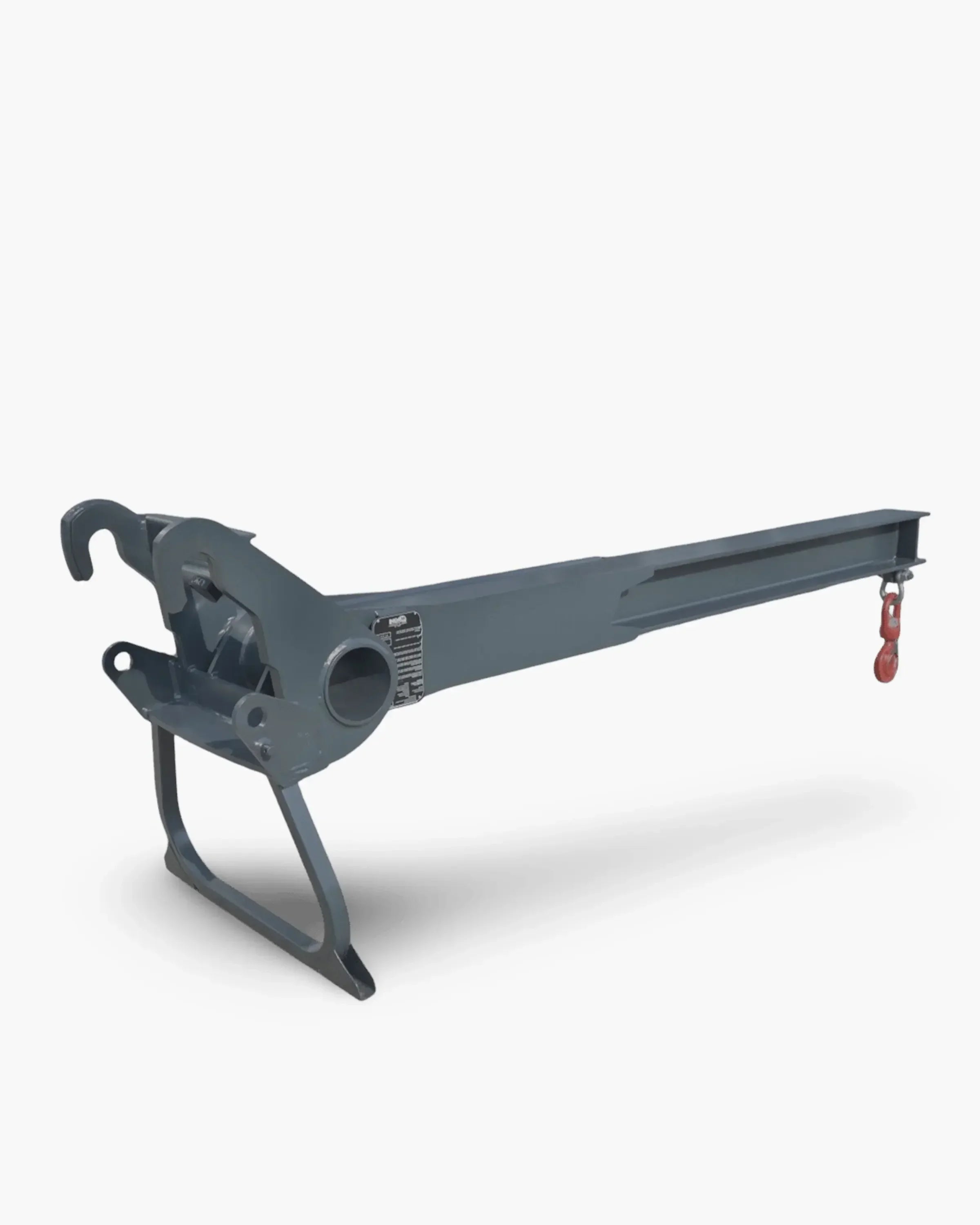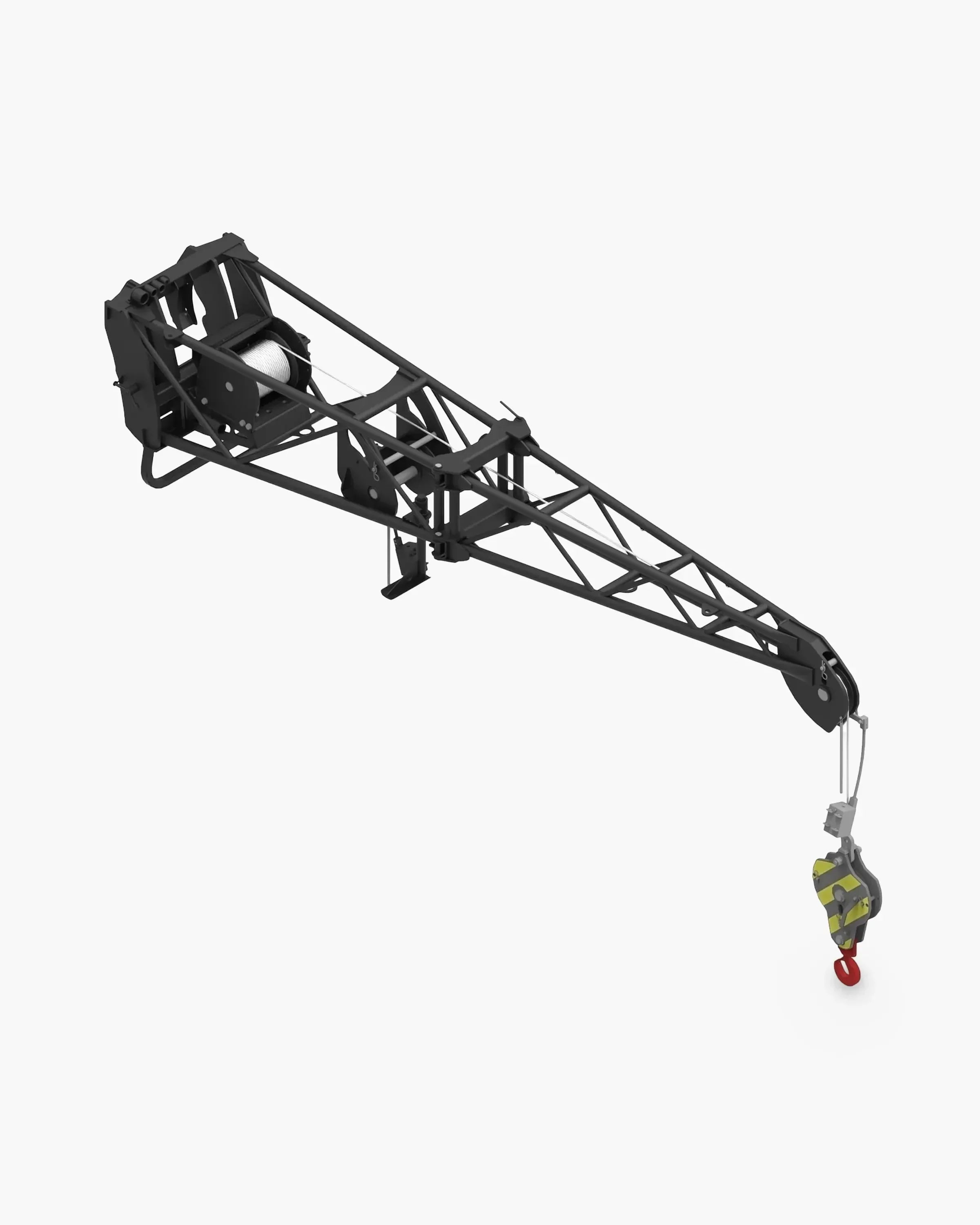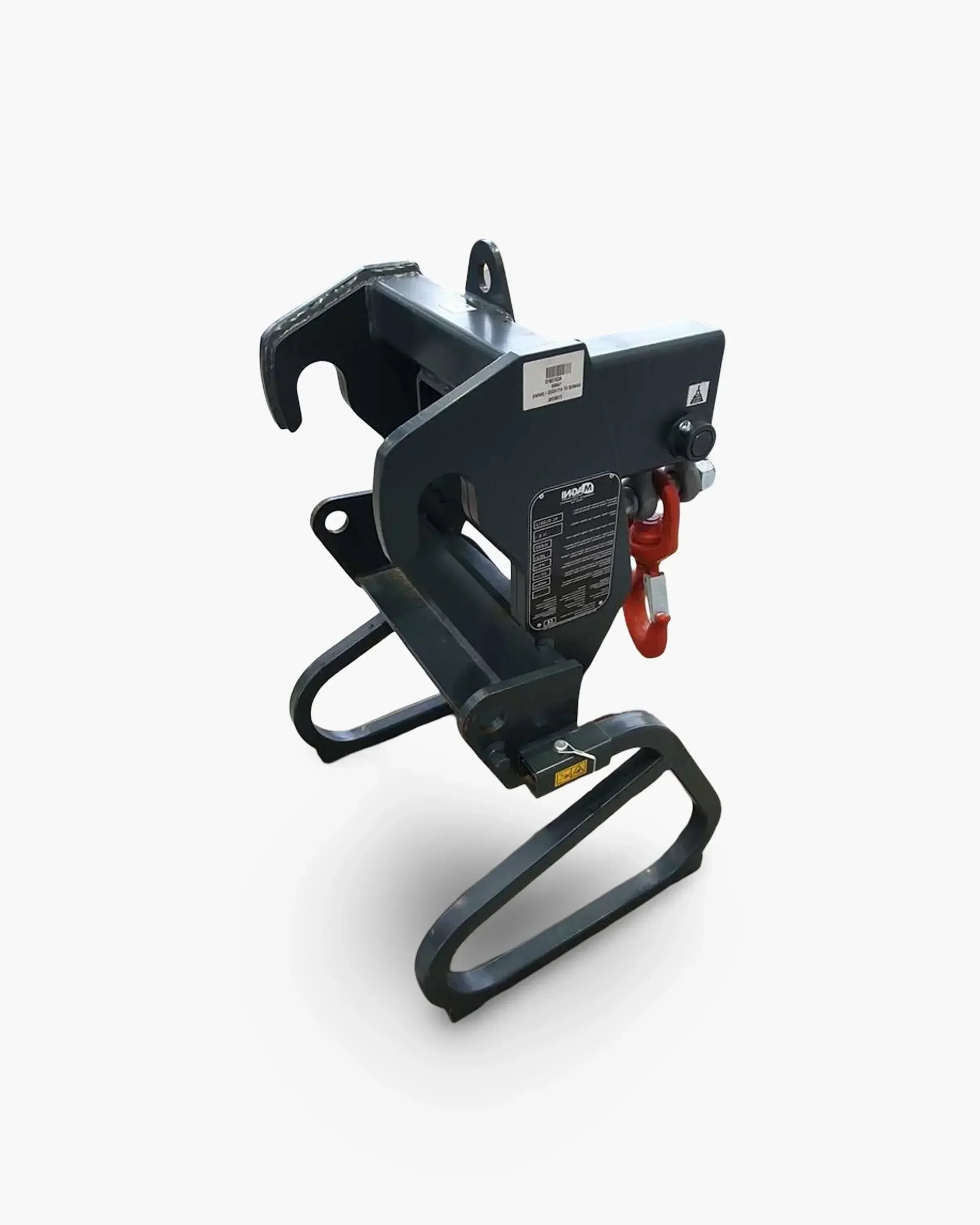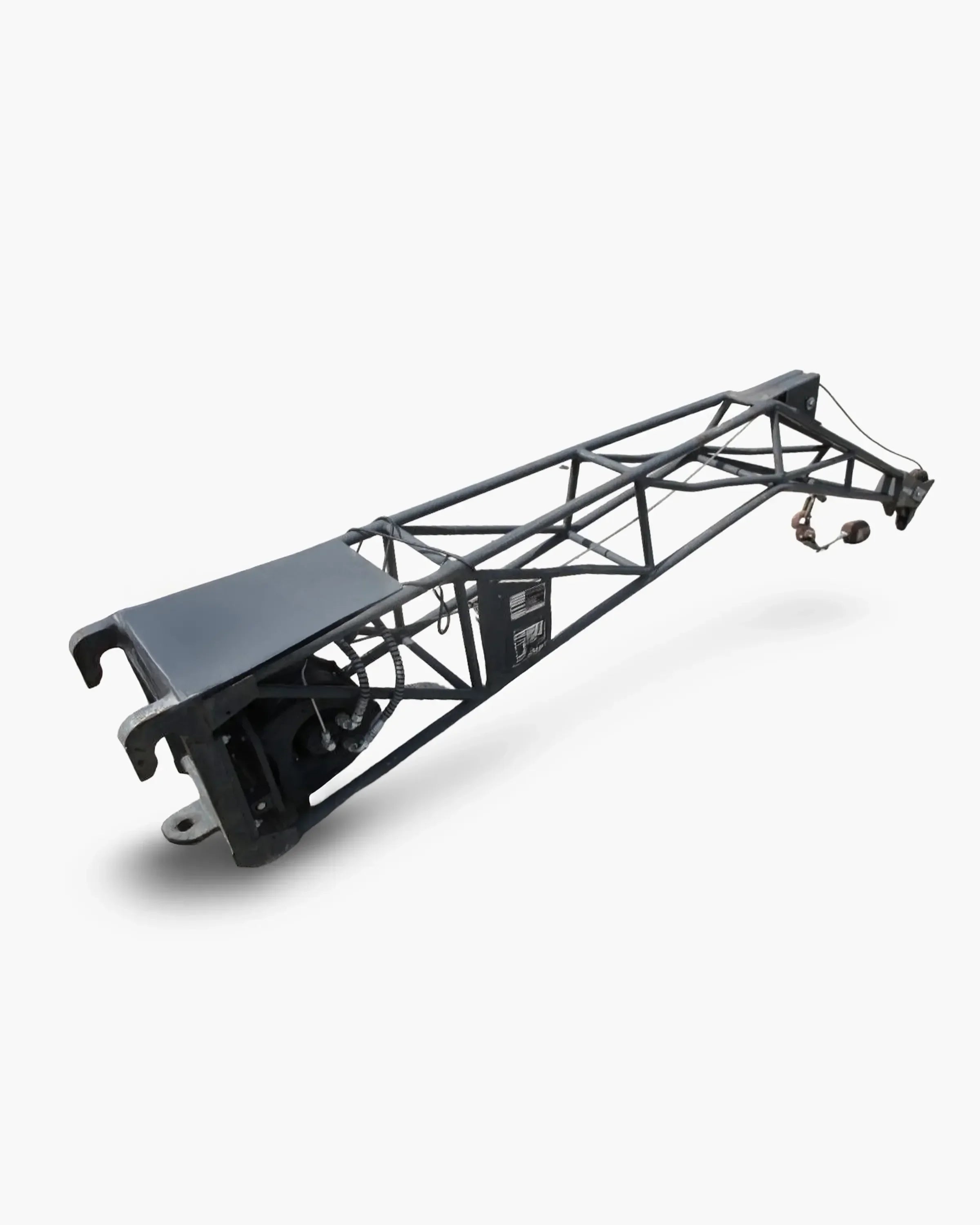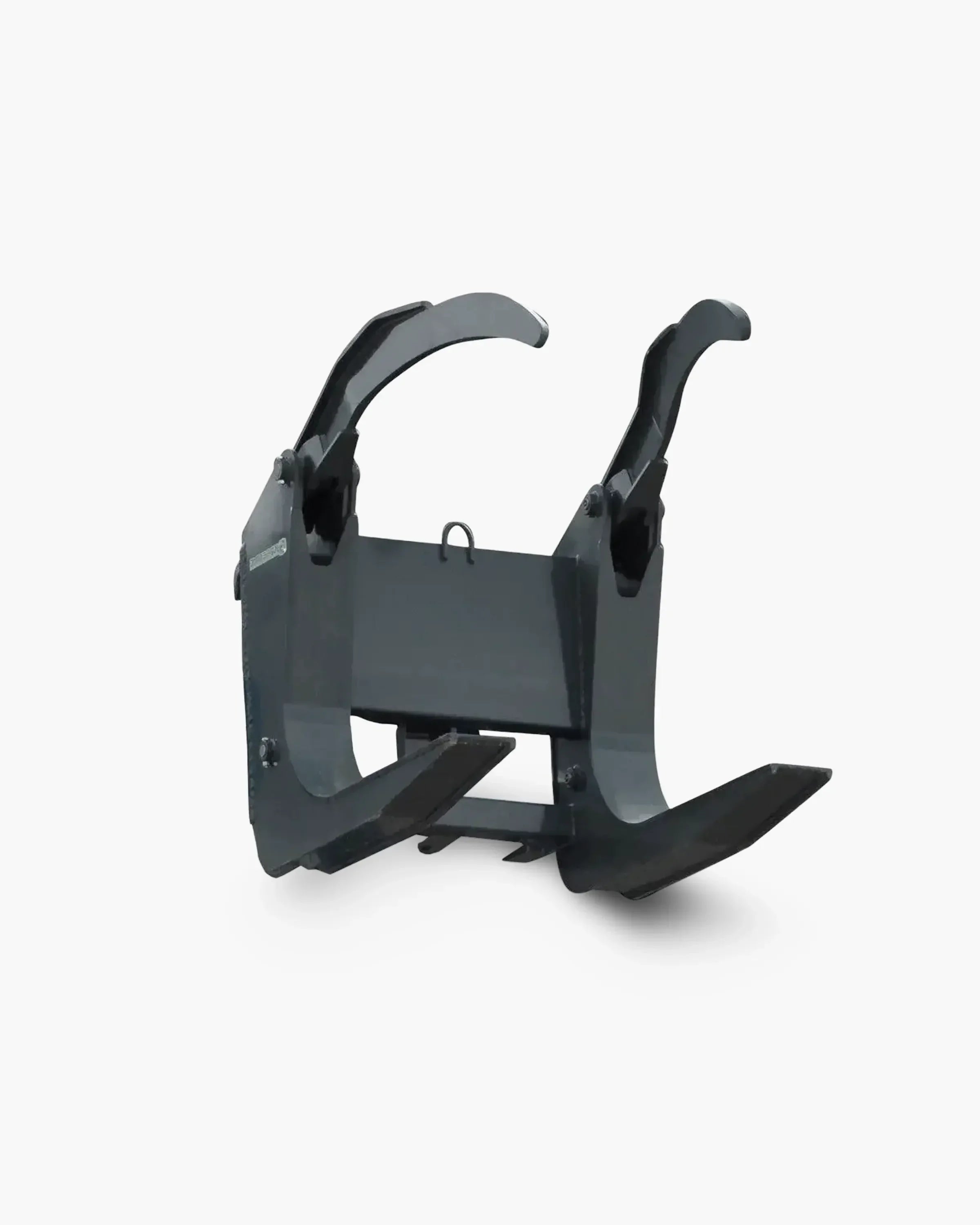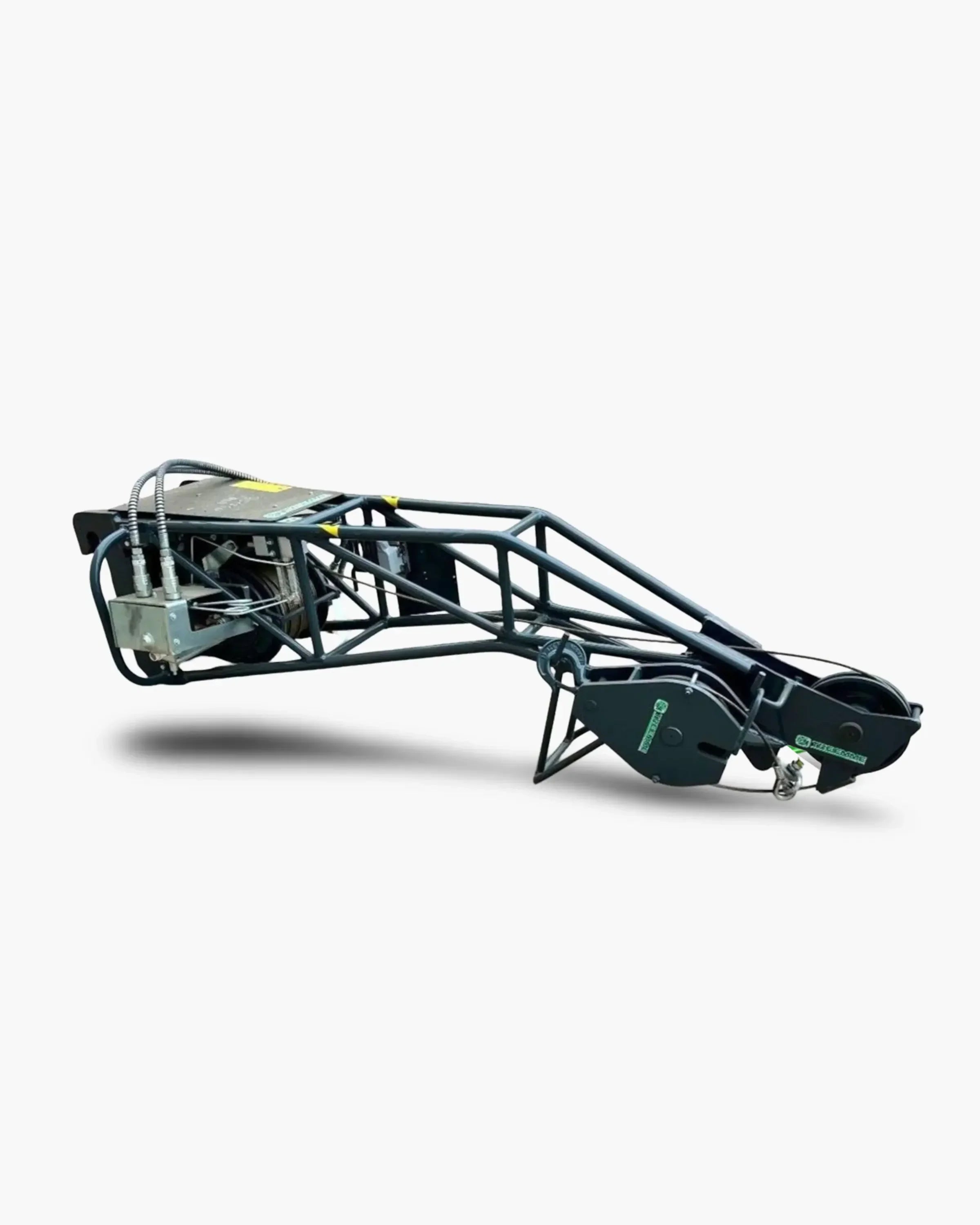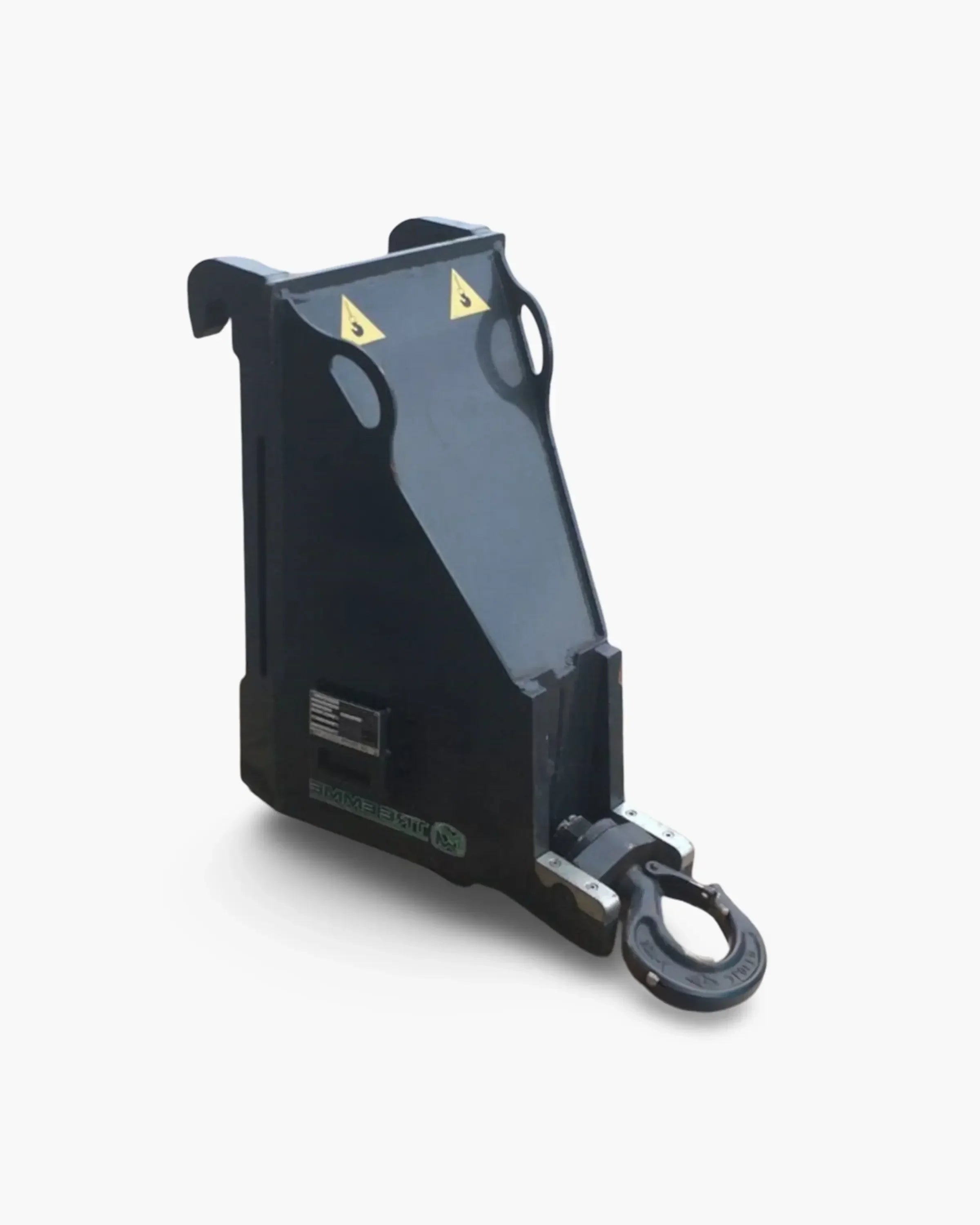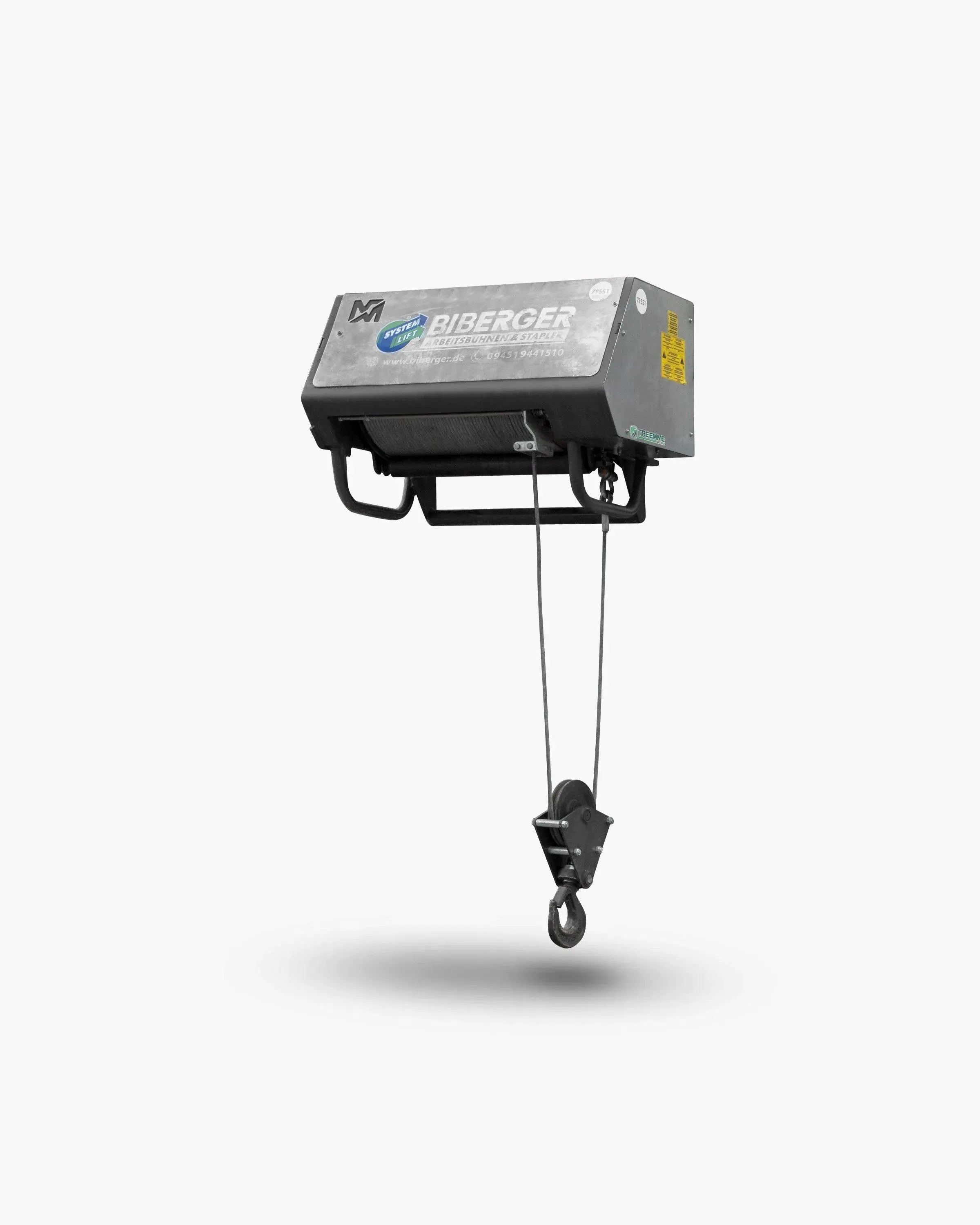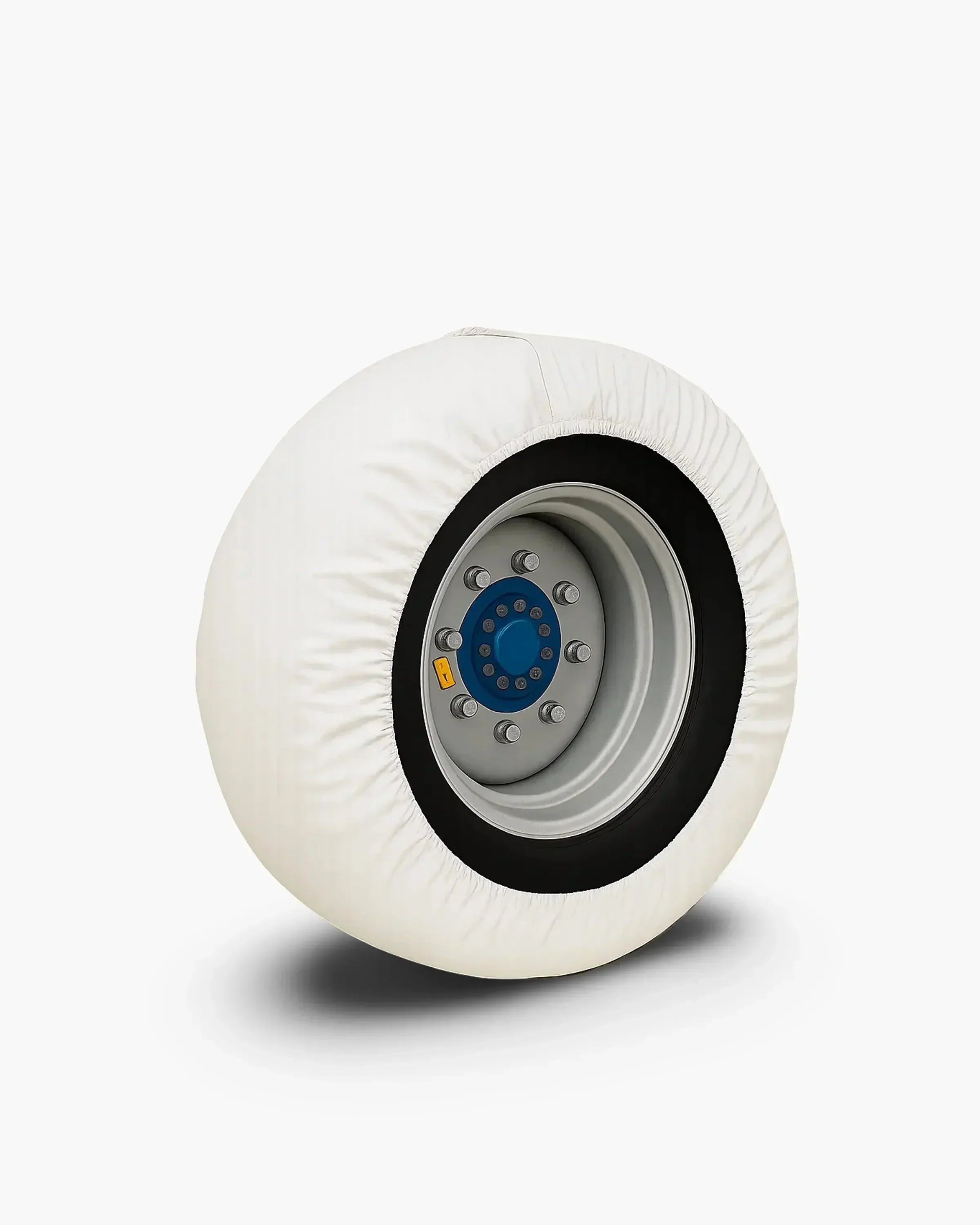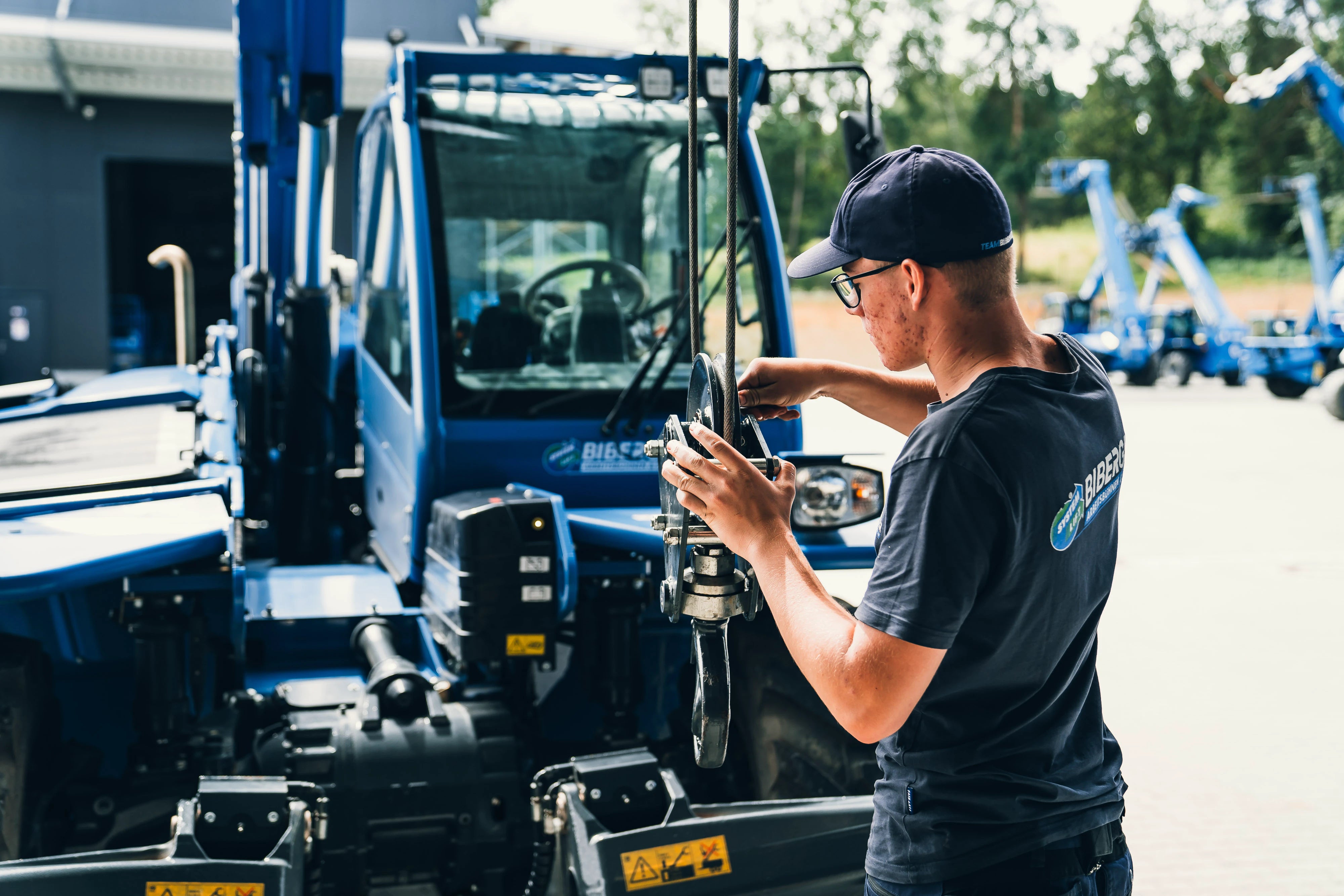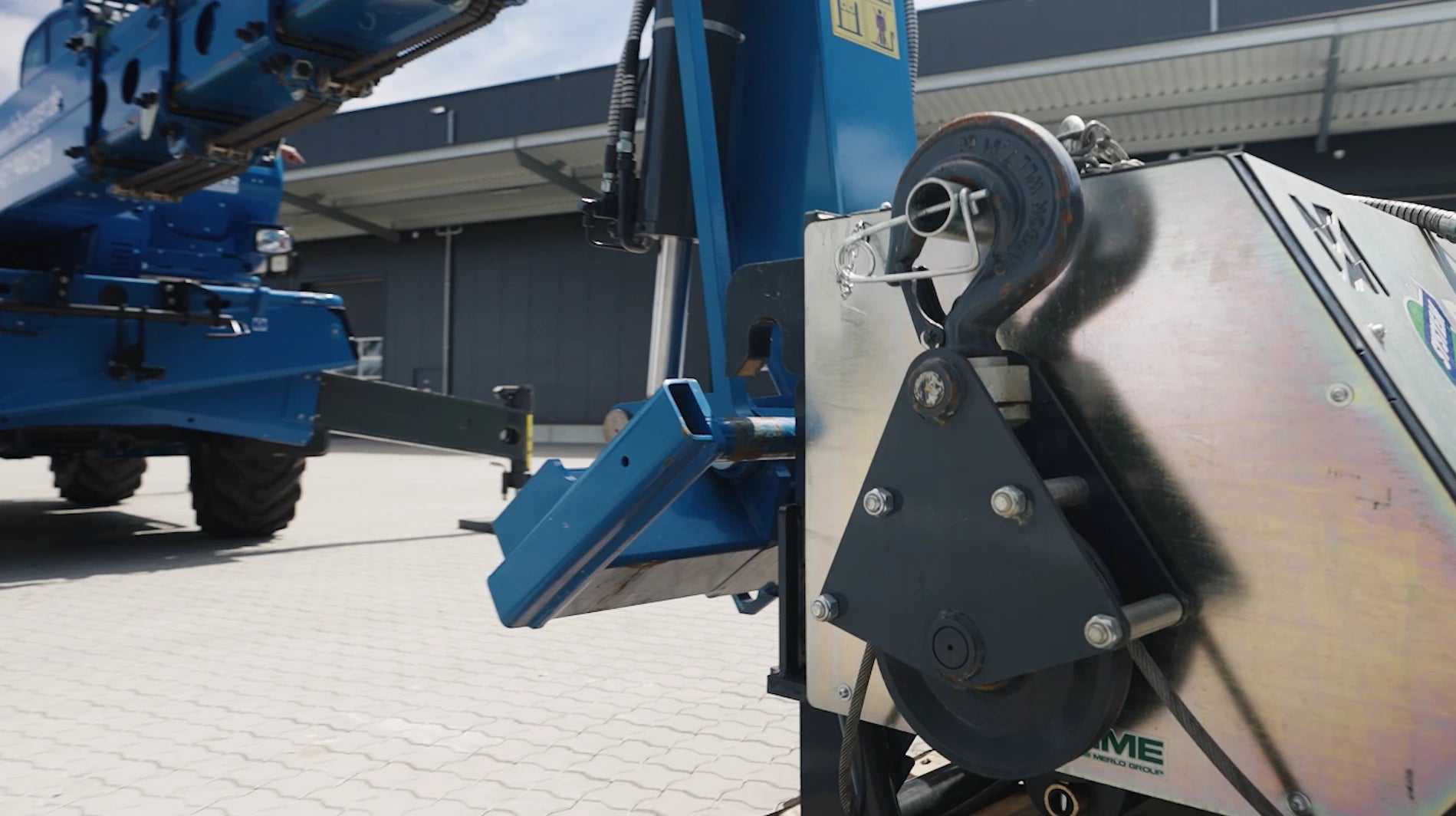That's why is worthwhile with us
Legally compliant training
Practical & efficient
Legally sound proof
operator training for cranes
Flexibility in training
Continuous training with e-learning
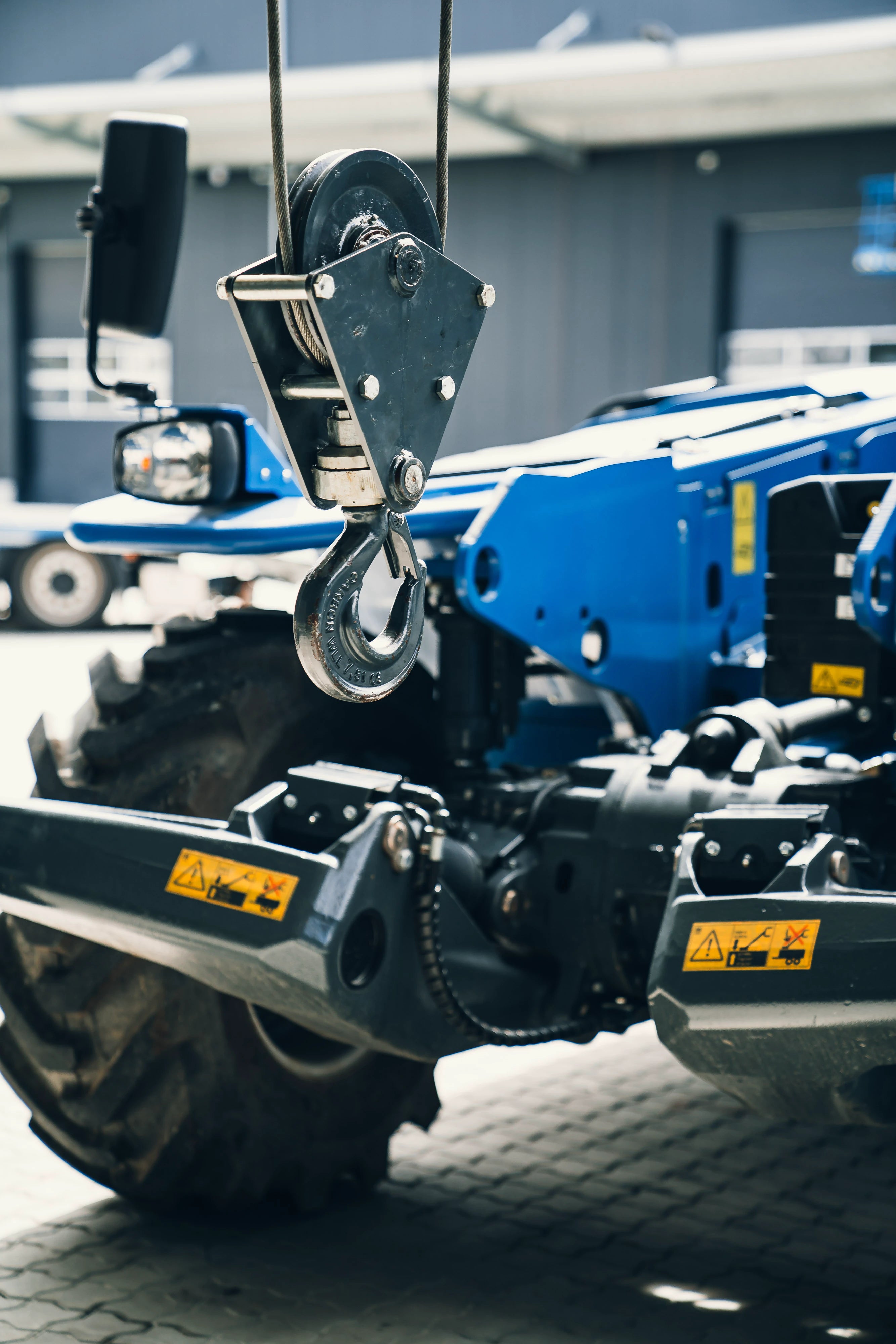
Obtain the crane license for various crane types
Kranfüherschulung bei BIBERGER - jetzt anmelden
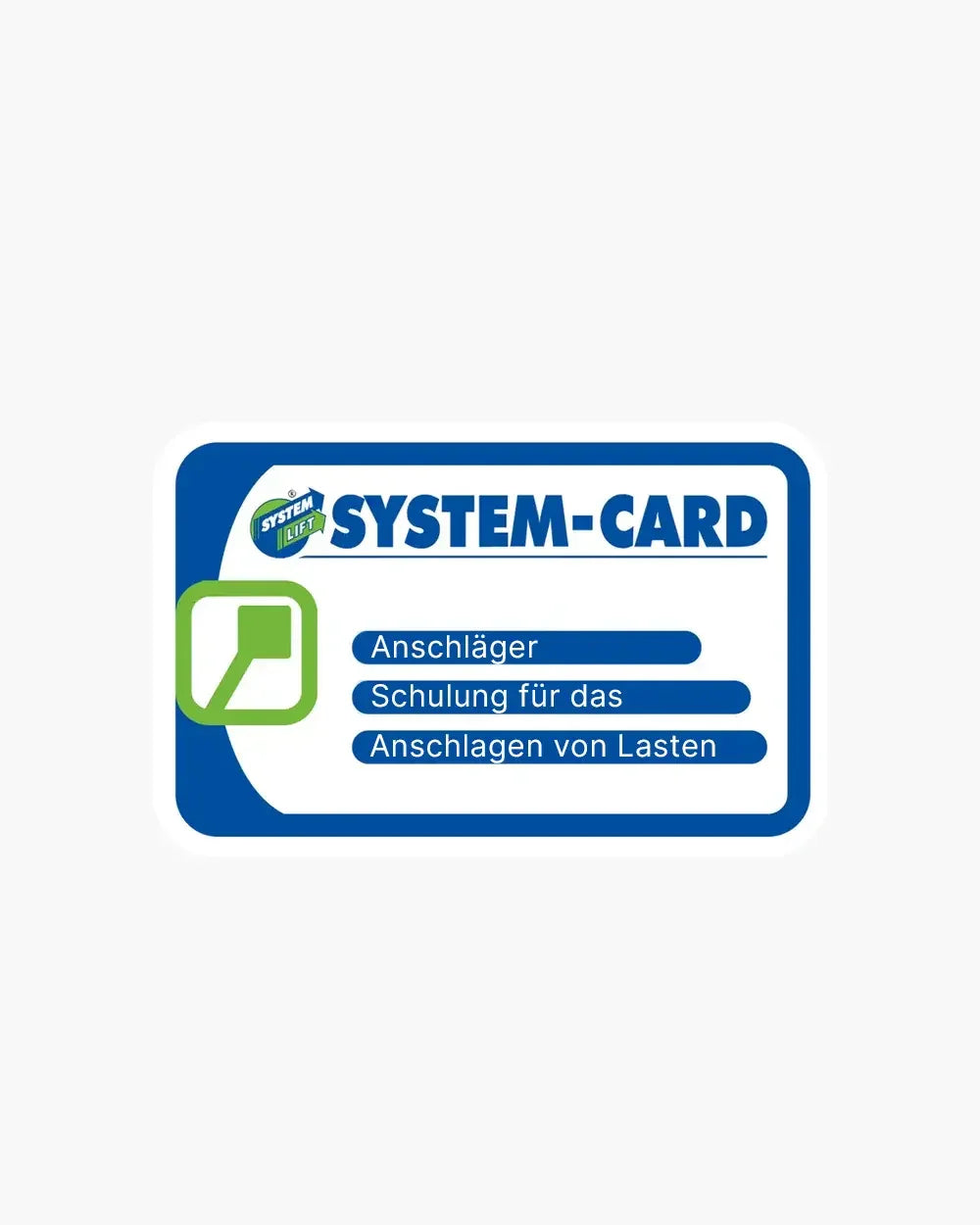
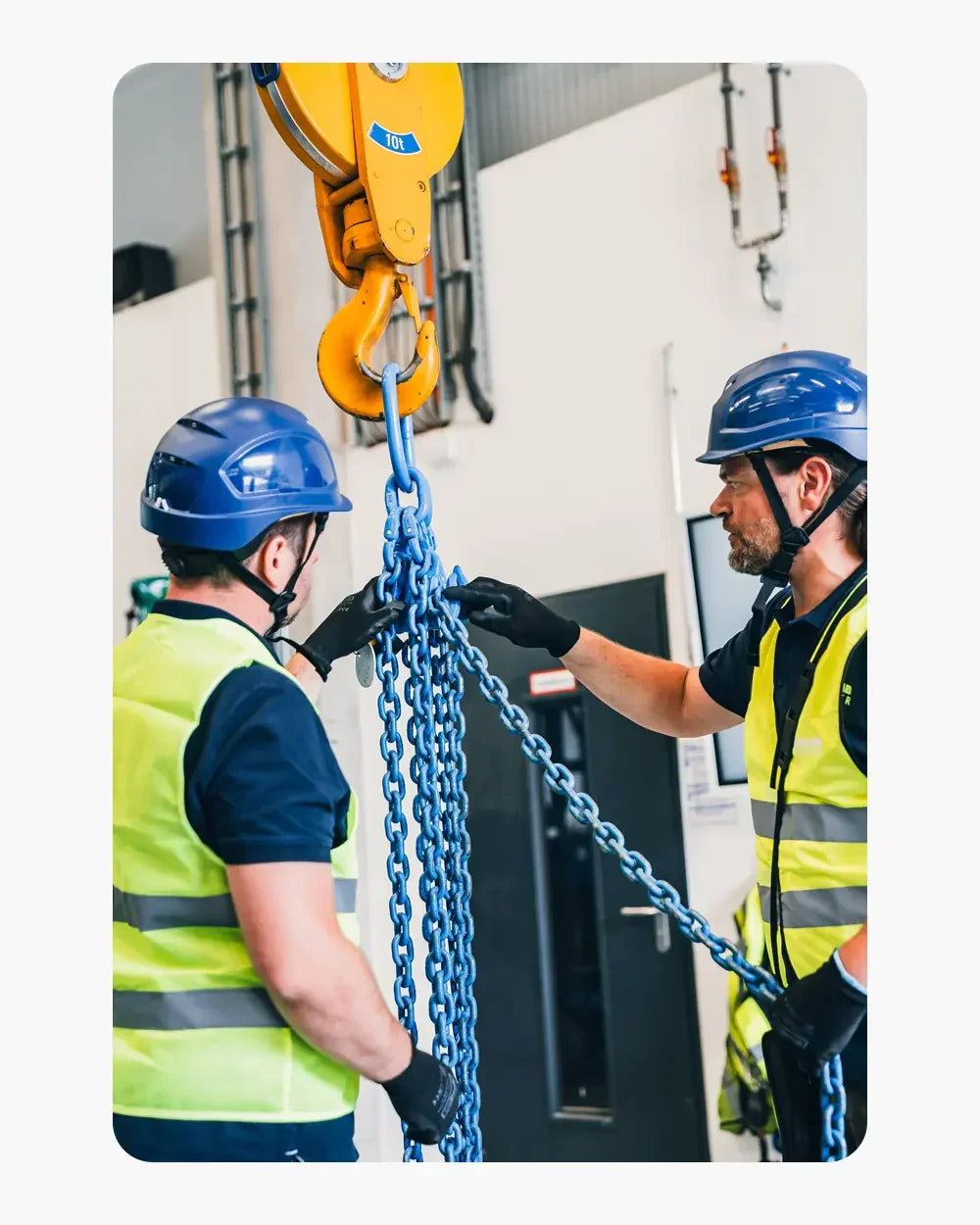
SYSTEM-CARD slinger – Securely attach loads.
Practical training for correct rigging, selection of rigging equipment & safe lifting with cranes, forklifts & lifting devices.
With examination and recognized qualification.
- Securely and without damage attach loads
- Correctly assess load capacity, angles & anchor points
- DGUV-compliant qualification – valid for construction, industry & assembly
plus €38.50 certification fee per participant for SYSTEM-CARD documents and ID card.
Annual training for crane operators – quick and easy online
SYSTEM-CARD® Crane Operator Training requests
FAQ about SYSTEM-CARD® Crane Operator Training
For which crane does not require a crane license?
Can I operate an indoor crane without a crane license?
For which crane do you need a crane license?
Can you fail your crane license?
What do you have to do to get a crane license?
How long is the crane license valid?
Which crane license do I need?
What do you need for a crane license?
What happens if an accident occurs without a crane license?
How long is a crane license valid?
Is it difficult to get a crane license?
Can I operate a crane privately without a crane license?
Weitere SYSTEM-CARD® Schulungen
Whether you work at heights, safely secure loads, or drive vehicles – SYSTEM-CARD® training courses provide you with exactly the knowledge you need for your everyday work.


